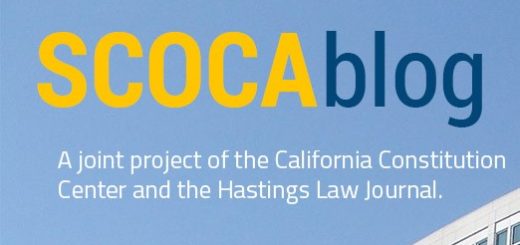November 2022 ballot measures described
Overview In this article the California Constitution Center presents a pro/con analysis of each measure on the November 2022 ballot in California. This does not encourage a vote for or against any pending measure; it is instead intended only to fairly present the facts and arguments on both sides of the issues and to assist voters by objectively evaluating these measures for legitimate public informational purposes. The measures A complete list of the measures with links to the Ballotpedia descriptions: Proposition 1 Abortion Provides a state constitutional right to reproductive freedom, including a right to abortion. Proposition 26 Gambling Legalizes...




